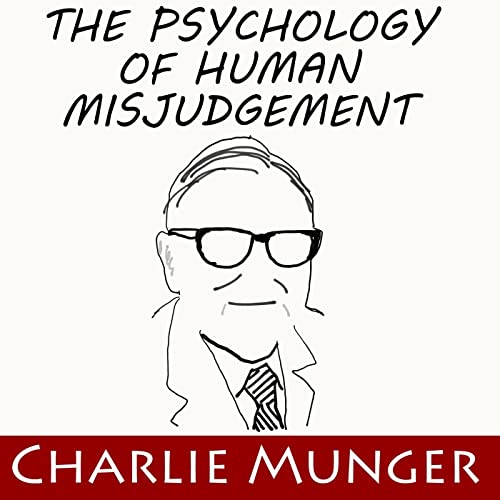Charlie Munger delivered this speech at Harvard University in June 1995. Munger spoke about a framework for decision making with an emphasis on factors contributing to human misjudgments. The Psychology of Human Misjudgment is talk eleven in Poor Charlie’s Almanack, a collection of speeches and lectures by Charlie Munger, compiled by Peter D. Kaufman. The speech is based on the concepts he read from Robert Cialdini’s great book. Influence: The Psychology of Persuasion.
Munger was so impressed by Robert Cialdini’s book, Influence: The Psychology of Persuasion, after reading the book, Munger wrote in Poor Charlie’s Almanack:
“Cialdini had made himself into a super-tenured “Regents Professor” at very young age by devising, describing, and explaining a vast group of clever experiments in which man manipulated man to his detriment, with all of this made possible by man’s intrinsic thinking flaws. ”
“I immediately sent copies of Cialdini’s book to all my children. I also gave Cialdini a share of Berkshire stock [Class A] to thank him for what he had done for me and the public. Incidentally, the sale by Cialdini of hundreds of thousands of copies of a book about social psychology was a huge feat, considering that Cialdini didn’t claim that he was going to improve your sex life or make you any money. “
I immediately sent copies of Cialdini’s book to all my children. I also gave Cialdini a share of Berkshire stock [Class A] to thank him for what he had done for me and the public.
The Psychology of Human Misjudgement Transcript
